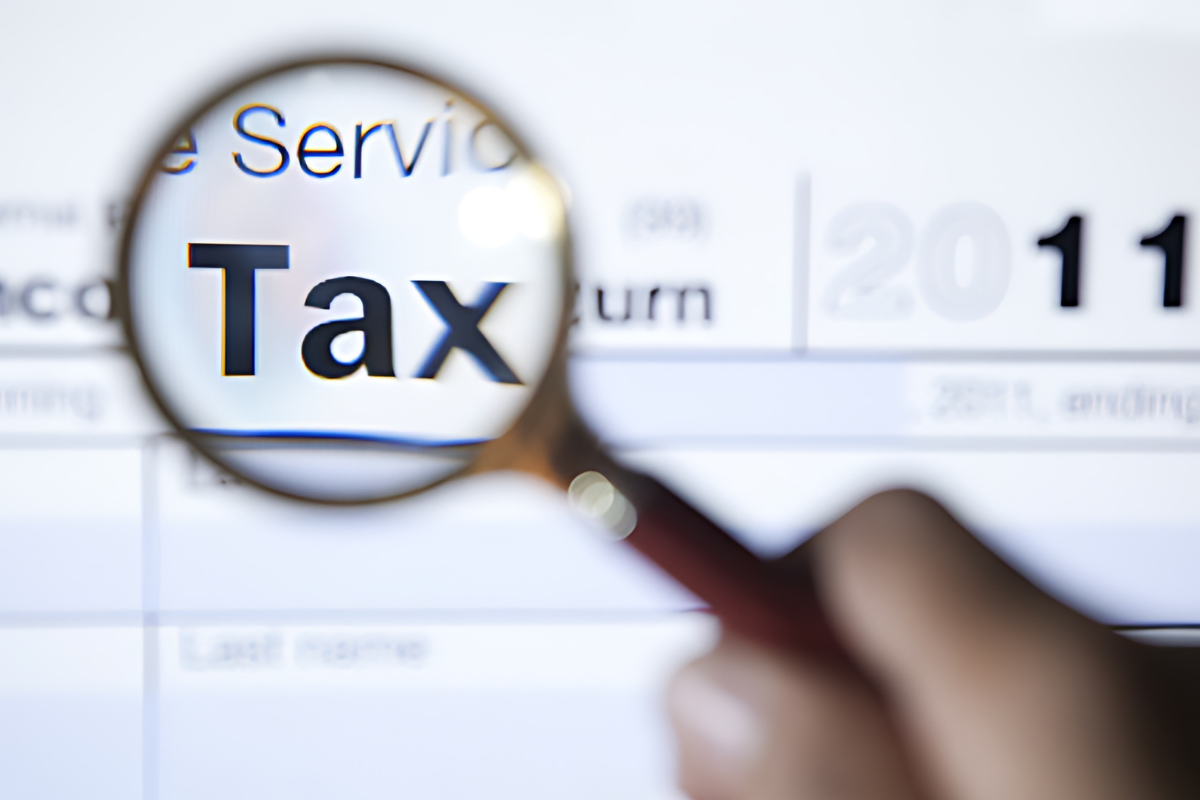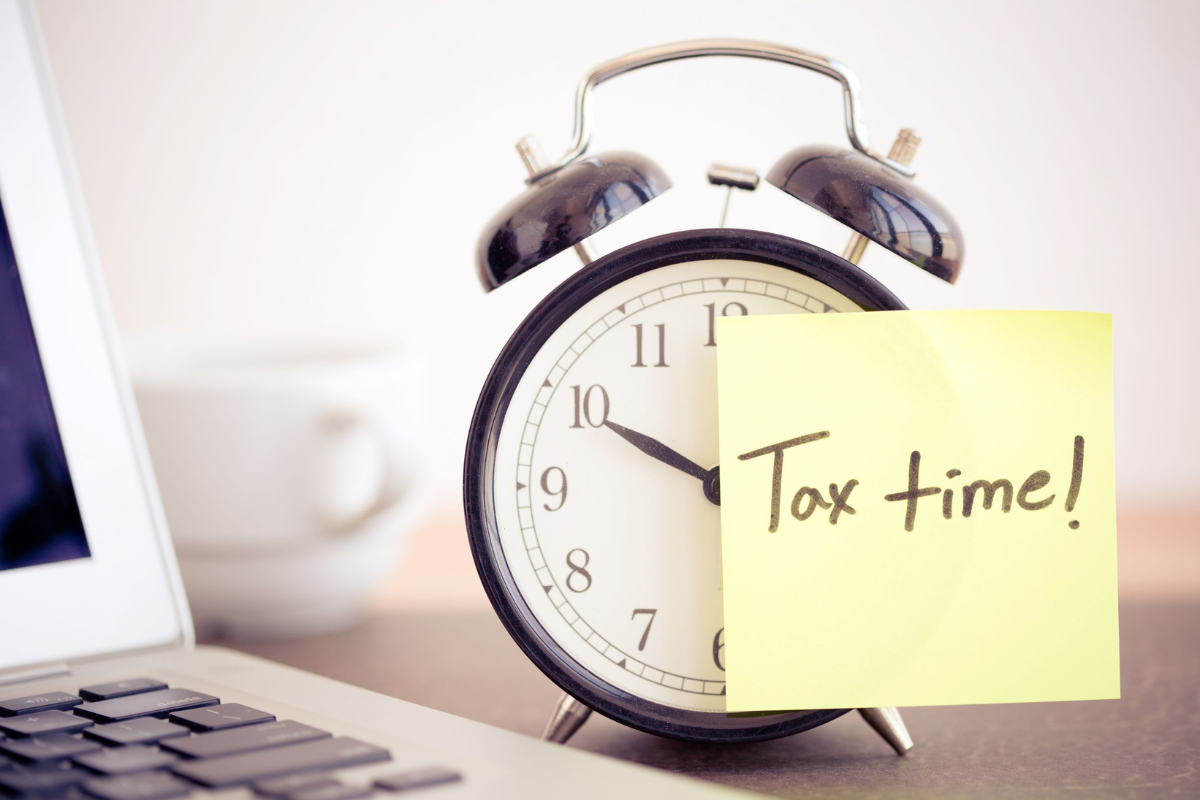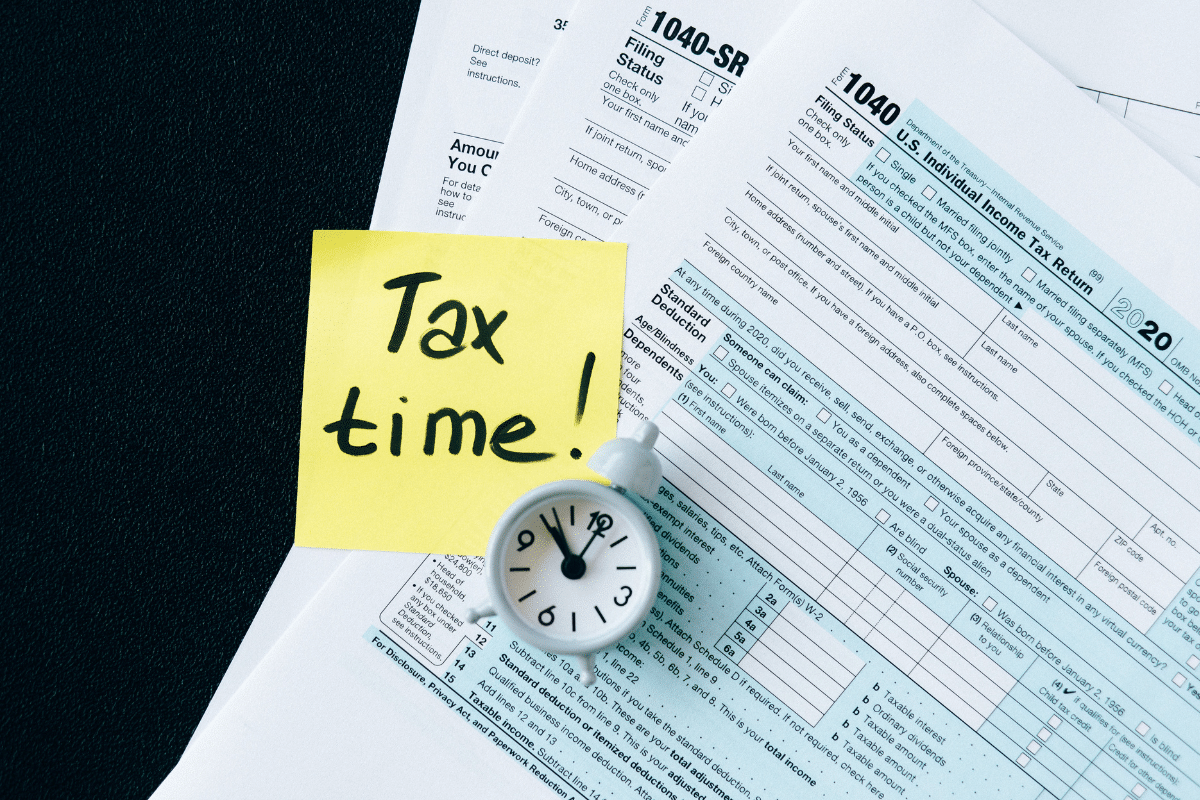Even if you have a long-term care insurance policy, you may likely be hoping that…

Income tax considerations for snowbirds
Many New Yorkers avoid dealing with the low temperatures and with back-breaking snow removal each winter by traveling to a second home in a warmer and kinder climate. We lovingly call these New Yorkers “snowbirds.” Although these snowbirds may avoid the cold weather by leaving New York for a few months each year, they may not necessarily be able to avoid New York taxes. Here are important tax considerations for snowbirds.
New York can tax an individual as a resident under two scenarios:
- If the person is domiciled in New York; or
- Even if the person is not domiciled in New York, but is considered a “statutory resident” of New York
A domicile in general, is the place which you intend to be your permanent home. This is the place where you intend to return whenever you may be absent. Further, a person can have only one domicile. So, if you have two or more residences, (like a home on Long Island and a condo in Florida), your domicile is the one where you regard and use as your permanent home.
According to New York Tax Law, a resident individual is defined as a person domiciled within the state or a person “who is not domiciled in this state but maintains a permanent place of abode in this state and spends in the aggregate more than one hundred eighty-three (183) days of the taxable year in New York….”. So, if even if you do not intend for New York to be your permanent home, if you spend more than 183 days in New York each year, then you are considered a statutory New York resident and will be taxed as a resident.
This is commonly referred to as the 183-day rule, and New York takes it seriously. Any part of a day in New York counts towards the 183 days. For snowbirds who would prefer to be treated as a resident of more income-tax friendly state, like Florida, the 183-day rule can present a challenge. Although establishing residency in another state, like Florida, may be relatively straightforward for that state, New York typically looks upon such arrangements with greater scrutiny and the taxpayer may be subject to a residency audit by the New York State Department of Taxation and Finance.
Even if a snowbird is successful in proving they are no longer a “statutory resident” of New York, a non-resident individual, estate, or trust will be subject to tax on your New York source income. New York Source income includes income derived from or connected with a business, trade, profession, or occupation carried on in New York State.
This may not be as relevant to snowbirds who are retired, but for snowbirds who are still working or have New York-source income. Although this income could be low if most of the income is intangible in nature, it can present an undesired tax burden for snowbirds who are receiving income from employment or a business located in New York, or rental income generated from a rental property in New York.
Tax considerations for snowbirds can be complicated. If you are a snowbird and would like to consider estate and tax planning strategies, you should meet with a qualified professional who can discuss your goals and create a strategy to help you achieve them.




This Post Has 0 Comments